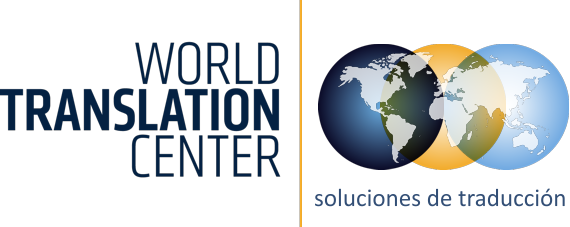World Translation Center es una compañía de servicios completos de traducción con capacidades para llevar a cabo todo tipo de proyectos de traducción o grabación de voz.
Articles and Stories
How To Ask Questions
Our translation company is confronted with very interesting projects on a daily basis. Some are very challenging, others quite normal and some even humorous. Every client is different and every project is very unique.
One issue we discuss frequently is whether or not we should ask our clients sensitive questions we have concerning the source text, the intended use of the translation or about the sophistication level of the audience who will be reading the text.
Some projects require scaling down the otherwise sophisticated language to make it understandable for everybody. Some projects require the familiar form, others the more polite one. There are projects that require a specialized linguist to have a background in a certain subject, others require a hard-sell language for marketing purposes. Some projects even require some re-writing of the original text to make it work for the target language.
“I just need a quick review of two short pages” can last two days due to the complexity of the culture of the language, while another review can just take one hour.
Knowing as much information about a project and the company, even if only a very small project, helps us to select the right linguist and to deliver the best possible translation.
Of course, before we ask any questions, we do our due diligence on the client and content and try to find previously translated text, but if we are not familiar with the client or the project, we need to ask some basic questions.
Some clients will tell us “just translate this document”, but that is often not that simple. Then we have to ‘educate’ the client by giving our reasons for our questions, which can often turn into a very sensitive subject.
There are no hard rules when it comes to asking questions, but we often need to ask them to try to solve any potential issues ahead of time. It is very hard to meet a client’s expectations if we don’t know these expectations. Great translations are mostly a collaborative effort, which include the linguist and the client. Clear communication and expectations are always key. We will always keep our questions to a minimum and try to explain why we need to know certain information, and we will always be very respectful of the client’s time.







